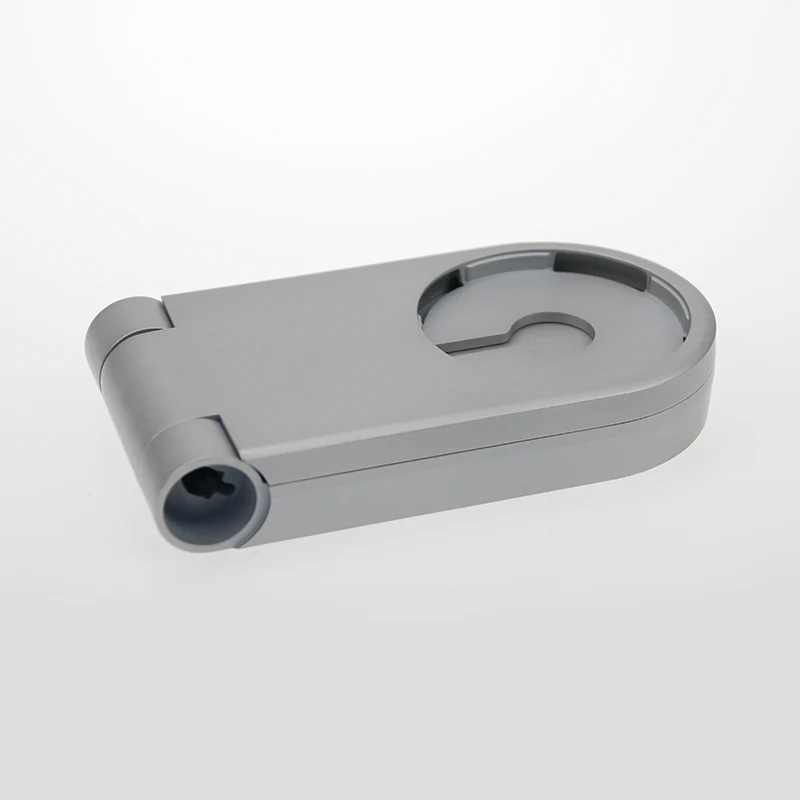Why Is Zinc Alloy Die Casting a Popular Manufacturing Choice?
2024-11-27
Zinc alloy die casting has gained widespread recognition in various industries, offering a blend of strength, precision, and cost-efficiency. But what makes it such a preferred method, and how does it stand out in the world of manufacturing? Let’s dive in to understand why zinc alloy die casting is a game-changer.
What Is Zinc Alloy Die Casting?
Zinc alloy die casting is a manufacturing process in which molten zinc alloy is injected into a steel mold (die) under high pressure. Once cooled and solidified, the part is ejected, resulting in highly detailed, durable components.
This technique is commonly used to produce parts for industries like automotive, electronics, and consumer goods, thanks to its exceptional accuracy and repeatability.
Why Choose Zinc as a Material?
Zinc alloys are prized for their unique combination of properties:
- Strength and Durability: Zinc parts are robust and resistant to wear and tear.
- Corrosion Resistance: They can withstand harsh environments without significant degradation.
- Malleability: Zinc is easy to work with, allowing for complex designs and intricate details.
- Recyclability: Zinc is 100% recyclable, making it an eco-friendly choice for manufacturers.
- Low Melting Point: This reduces energy costs during production, offering a more economical process.
How Does Zinc Alloy Die Casting Work?
1. Mold Creation:
A custom steel mold (die) is designed to meet the specifications of the desired part.
2. Molten Zinc Injection:
Zinc alloy is melted and injected into the mold cavity under high pressure, ensuring the material reaches every corner for precise shaping.
3. Cooling and Solidification:
The molten zinc quickly cools and hardens into the desired shape.
4. Ejection and Finishing:
The finished part is ejected from the mold, and any excess material is trimmed.
5. Surface Treatments (Optional):
Parts can undergo processes like plating, painting, or polishing for added functionality or aesthetics.
What Are the Key Applications of Zinc Alloy Die Casting?
1. Automotive Industry:
Zinc die-cast parts like brackets, housings, and gear components are lightweight yet durable, improving vehicle performance.
2. Consumer Electronics:
Zinc alloy die casting enables the production of intricate and sleek designs for gadgets, connectors, and casings.
3. Home Hardware:
Products such as locks, handles, and decorative fittings benefit from zinc’s strength and aesthetic appeal.
4. Industrial Machinery:
Zinc components ensure precision and reliability in complex machinery and equipment.
5. Toys and Accessories:
Zinc’s ability to form small, detailed parts makes it ideal for crafting high-quality toys and accessories.
What Are the Advantages of Zinc Alloy Die Casting?
1. High Precision:
The process allows for tight tolerances, creating parts with intricate details.
2. Cost-Effective:
With fast production cycles and minimal waste, it’s an economical choice for large-scale manufacturing.
3. Versatility:
Zinc die casting accommodates a wide range of shapes and sizes, from tiny components to larger, complex structures.
4. Durability:
Zinc alloys provide excellent mechanical properties, ensuring long-lasting performance.
5. Surface Finish:
Parts produced through this method often have a smooth finish, reducing the need for additional polishing.
What Should You Consider When Using Zinc Alloy Die Casting?
1. Design Complexity:
While zinc die casting allows intricate designs, mold complexity can increase production costs.
2. Production Volume:
It’s most cost-effective for high-volume production due to the initial mold-making expense.
3. Alloy Selection:
Different zinc alloys (e.g., Zamak 3, Zamak 5) offer specific properties. Choose based on your application’s requirements.
4. Environmental Impact:
Ensure that your process includes recycling practices to minimize waste and leverage zinc’s eco-friendly potential.
5. Post-Processing Needs:
Plan for any necessary secondary operations, like machining or surface treatments, to meet final specifications.
Why Is Zinc Alloy Die Casting the Future of Manufacturing?
Zinc alloy die casting continues to evolve, with advancements in technology enhancing precision, efficiency, and sustainability. Its versatility across industries, coupled with its economic and environmental benefits, makes it a cornerstone of modern manufacturing.
Whether you’re creating intricate consumer goods or robust industrial parts, zinc alloy die casting delivers reliability, performance, and innovation. Ready to optimize your production process? Zinc alloy die casting might just be the perfect solution.



